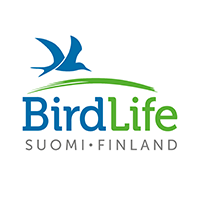Goshawk diet during the nestling period in farmland and forest-dominated areas in southern Norway
Abstract
During the past decades, goshawk (Accipiter gentilis) populations have declined in forest-dominated landscapes in Norway. To reveal the importance of different prey species in forest versus farmland landscapes, we video recorded 146 prey deliveries at four nests in a farmland-dominated area and three nests in a forest-dominated area in south-eastern Norway in June 2005. Thrushes and corvids were the dominating prey in both areas. We found higher diet diversity in the forest-dominated landscape, but we also found high dietary overlap, presumably due to the dominance of thrushes in both areas. Prey composition of forest versus farmland species differed significantly between the areas, mainly due to a higher proportion of corvids and a lower proportion of grouse in the farmland-dominated area. Goshawk diet thus reflects the habitats within the nesting territory.Downloads
Published
2007-12-31
Issue
Section
Research articles
How to Cite
Johansen, H. M., Selås, V., Fagerland, K., Johnsen, J. T., Sveen, B.-A., Tapia, L., & Steen, R. (2007). Goshawk diet during the nestling period in farmland and forest-dominated areas in southern Norway . Ornis Fennica, 84(4), 181–188. https://ornisfennica.journal.fi/article/view/133696








